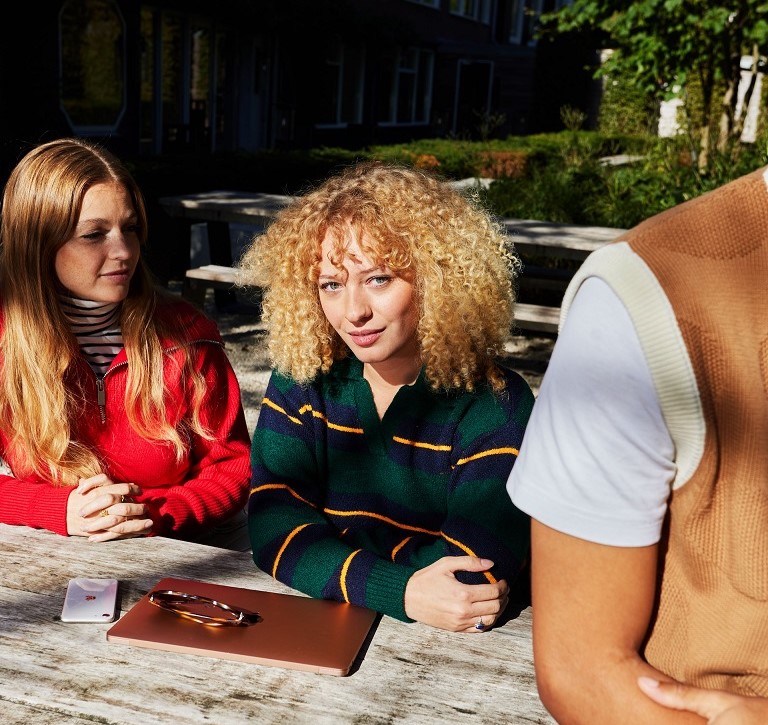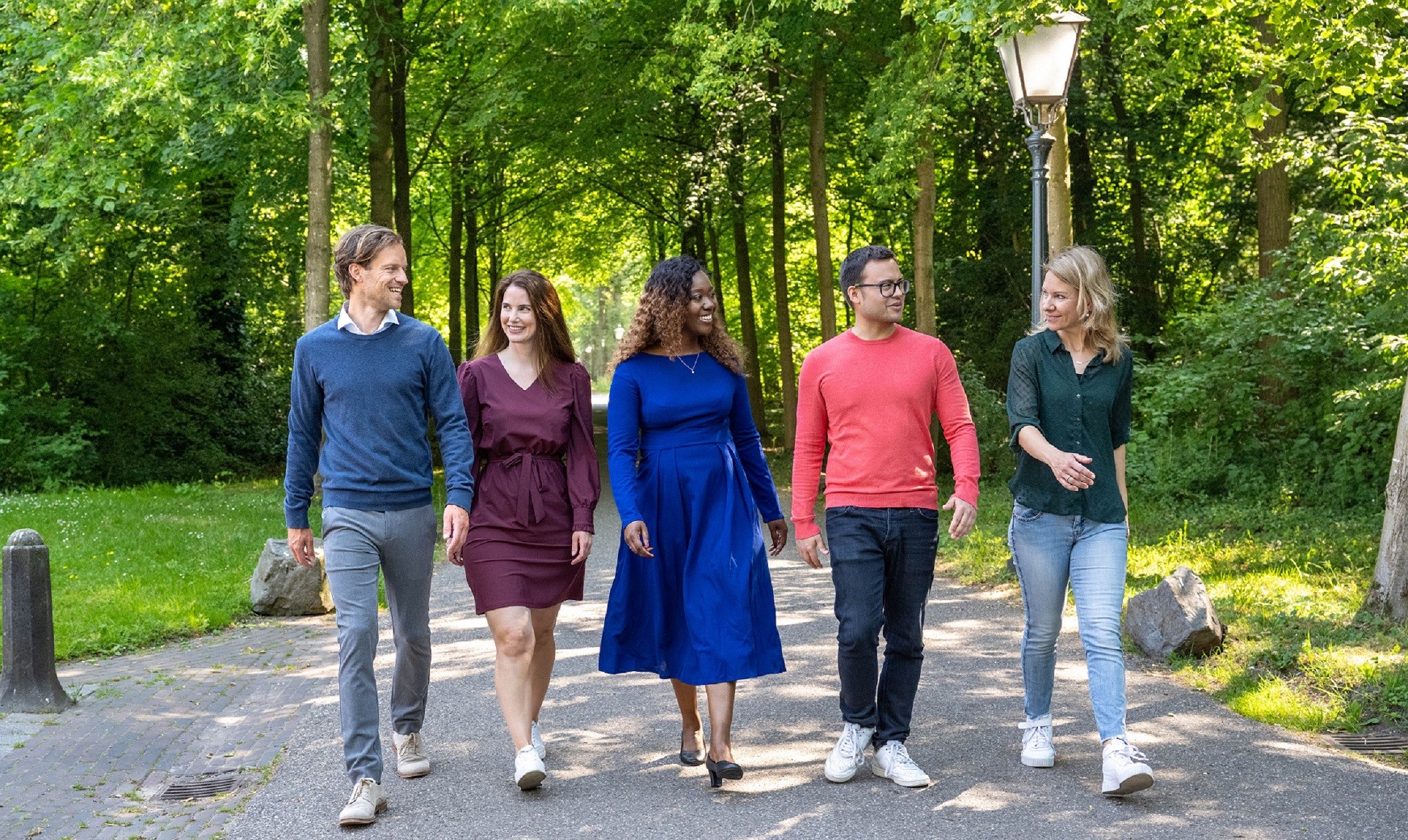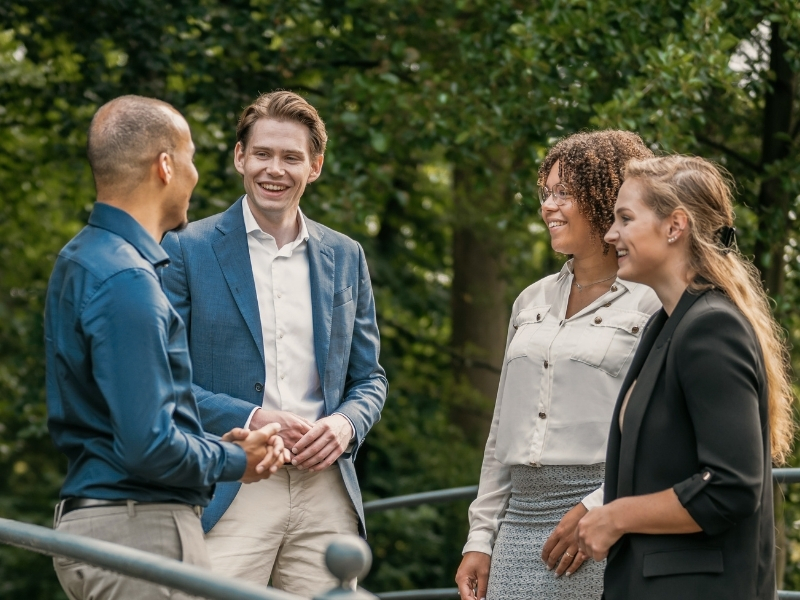A pilot project of Dura Vermeer and Overijssel Province has provided a practical case for investigating how a circular road can be exploited as a Road-as-a-Service. A white paper on this project, launched by a new coalition for circular accounting, demonstrates how to modify and rethink current financing and reporting practices for the circular economy.
A discussion about contractual structuring and its implications has led to new insights. Dura Vermeer wants to retain the economic ownership of the road while providing its functionality (i.e. the use of the road) as a service to their client Overijssel Province. This incentive ensures that it will maintain the road as well as possible from its knowledge and expertise. This will ultimately lead to a higher residual value.The participants formed a Coalition Circular Accounting (CCA). This is a collaboration between Circle Economy, Sustainable Finance Lab, The Netherlands Institute of Chartered Accountants (NBA), Dura Vermeer, ABN AMRO, Rabobank, KPMG, Provincie Overijssel and scientists of Erasmus University, Open Universiteit, University of Groningen, Nyenrode Business University and Avans University of Applied Sciences. The CCA was co-funded by Nederland Circulair!
To sell or not to sell
The fundamental question is “to sell or not to sell”, according to CCA. Financial reporting is about economic ownership and the transfer of risks and rewards. If at the end of the contract, economic ownership is transferred to the client (in this case Overijssel Province), it still appears on their balance sheet from the start as it would in a 'normal' sale. The alternative is to specify explicitly the ongoing nature of the agreement, which excludes a transfer.This ownership question has implications for the reuse of the road and its materials at the time of harvesting. The owner of the road is incentivised to optimize the durability of the road, its maintenance and (re) use of raw materials, with potential effects such as a longer lifespan, lower overall maintenance costs, and higher residual material value.
Combining different financial structures
This above decision has important consequences for the balance sheet of both parties and how to obtain financing for the investment. When no sale takes place, we have to alter our traditional financing perspective. A possible solution is to create a combination of financing projects, while also having some corporate debt that should lead to a different type of financing.A surprising result is the fact that the actual accounting of the circular road turned out not to be the main challenge in this case. Creating a financial incentive for circularity is the foremost objective. A contractual agreement should express circular incentives and the distribution of risk and reward. The actual accounting ultimately follows.
Next steps
The open source report of the CCA on the project is freely available online. In 2020, the CCA will conduct 3 more circular case studies with the goal to identify the barriers in accounting, reporting and valuation and come up with practical solutions and combining the learnings in a white paper.Related programs
-
Master in Management (MSc) | Full-time
Start date: August 2025Language:- English
Location:- Amsterdam
- Breukelen
The Master of Science in Management at Nyenrode is a 16-month full-time program designed to develop academic and professional skills. With a strong focus on practical business knowledge, Nyenrode prepares students for global careers while fostering personal growth.
View program
-
PhD Program (part-time)
Start date: 1 september 2025Language:- English
Location:- Breukelen
Obtain your PhD degree at Nyenrode Business Universiteit. Develop your academic, research and personal effectiveness skills. Focus on both academic rigor and practical and societal impact.
View program
-
English (Pre-) Master of Science in Accountancy | Part-time
Start date: May 2025Language:- English
Location:- Amsterdam
Learn modern accountancy practices and elevate your career with Nyenrode.
View program
